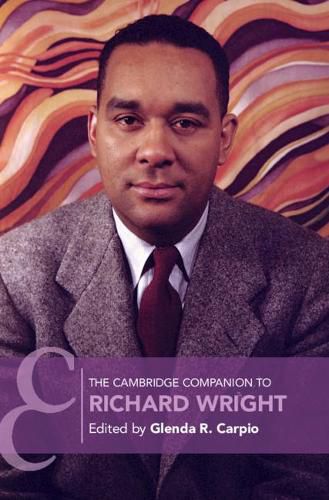Readings Newsletter
Become a Readings Member to make your shopping experience even easier.
Sign in or sign up for free!
You’re not far away from qualifying for FREE standard shipping within Australia
You’ve qualified for FREE standard shipping within Australia
The cart is loading…






Hailed as ‘the father of black literature in the twentieth century’, Richard Wright was an iconoclast, an intellectual of towering stature, whose multidisciplinary erudition rivals only that of W. E. B. Du Bois. This collection captures Wright’s immense power, which has made him a beacon for writers across decades, from the civil rights era to today. Individual essays examine Wright’s art as central to his intellectual life and shed new light on his classic texts - Native Son and Black Boy. Other essays turn to his short fiction, and non-fiction as well as his lesser-known work in journalism and poetry, paying particular attention to manuscripts in Wright’s archive - unpublished letters and novels, plans for multivolume works - that allow us to see the depth and expansiveness of his aesthetic and political vision. Exploring how Wright’s expatriation to France facilitated a broadening of this vision, contributors challenge the idea that expatriation led to Wright’s artistic decline.
$9.00 standard shipping within Australia
FREE standard shipping within Australia for orders over $100.00
Express & International shipping calculated at checkout
Hailed as ‘the father of black literature in the twentieth century’, Richard Wright was an iconoclast, an intellectual of towering stature, whose multidisciplinary erudition rivals only that of W. E. B. Du Bois. This collection captures Wright’s immense power, which has made him a beacon for writers across decades, from the civil rights era to today. Individual essays examine Wright’s art as central to his intellectual life and shed new light on his classic texts - Native Son and Black Boy. Other essays turn to his short fiction, and non-fiction as well as his lesser-known work in journalism and poetry, paying particular attention to manuscripts in Wright’s archive - unpublished letters and novels, plans for multivolume works - that allow us to see the depth and expansiveness of his aesthetic and political vision. Exploring how Wright’s expatriation to France facilitated a broadening of this vision, contributors challenge the idea that expatriation led to Wright’s artistic decline.